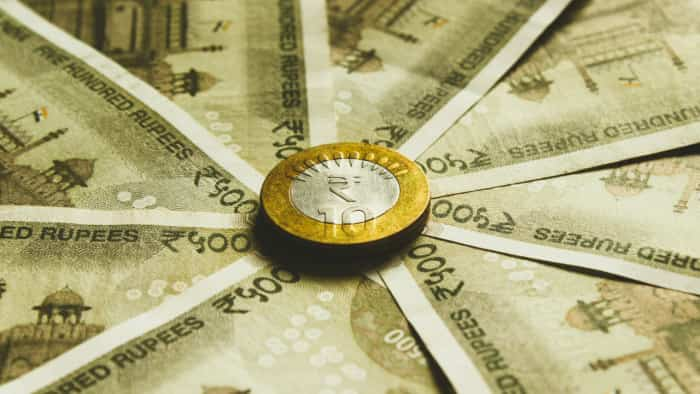Singapore eases monetary policy sharply as virus heralds deep recession
Singapore`s central bank aggressively eased its monetary policy on Monday, as widely expected, with the city-state`s bellwether economy bracing for a deep recession due to the coronavirus pandemic

Singapore`s central bank aggressively eased its monetary policy on Monday, as widely expected, with the city-state`s bellwether economy bracing for a deep recession due to the coronavirus pandemic.
The Monetary Authority of Singapore (MAS) manages monetary policy through exchange rate settings, rather than interest rates, letting the Singapore dollar rise or fall against currencies of its main trading partners within an undisclosed band.
Economists said the changes are the most aggressive easing since the 2009 financial crisis and also come as the central bank forecast deflation and a sharp economic contraction in 2020.
The MAS said it would adopt a zero percent annual appreciation rate for its Singapore dollar policy band, known as the Nominal Effective Exchange Rate, or S$NEER. That setting would start at the S$NEER`s prevailing level, which is currently just below the band`s mid-point.
"It seems to be one of the most aggressive policy moves that MAS has taken," said Maybank Kim Eng economist Lee Ju Ye.
All nine economists in a Reuters survey this month expected the central bank to ease as policymakers worldwide step up efforts to limit the economic damage from the fast spreading virus.
Singapore is among the world`s most open economies and is seen as a bellwether for the health of the global trade.
The Southeast Asian shipping, travel and finance hub is bracing for the worst recession in its 55-year history and last week lowered its 2020 GDP forecast range to -4% to -1% after a sharp contraction in the first quarter.
The central bank on Monday lowered its outlook for headline and core inflation to -1% to zero percent for 2020.
The MAS said the new policy settings provide "stability" to the trade-weighted exchange rate, and that fiscal policy will be the main tool to mitigate the economic impact of the coronavirus pandemic.
Capital Economics said the moves highlighted the limitations of central bank policy in weathering the downturn and that further loosening of monetary settings was unlikely in the months ahead.
But other economists said the central bank had left itself room for more easing if required. It is next scheduled to meet in October.
The Singapore dollar, which has already slid nearly 6% this year, jumped after the announcement, rising as much as 0.5% to S$1.4215 per dollar, with the market taking it as a signal of limited further weakness. "The overall focus has been to emphasise a message of stability in the Singapore dollar," said Moh Siong Sim, currency analyst at the Bank of Singapore.
"In the past, wherever there`s such a move, it`s taken as a prelude to a series of easings, but I think this time around the focus is more on the fiscal policy to cushion the blow and the exchange rate is more to release the pressure somewhat."
See Zee Business Live TV Streaming Below:
In addition to monetary stimulus, the government last week unveiled more than $30 billion in new support packages for businesses and households, pushing up the government`s virus-related relief spending to almost 11% of gross domestic product.
Get Latest Business News, Stock Market Updates and Videos; Check your tax outgo through Income Tax Calculator and save money through our Personal Finance coverage. Check Business Breaking News Live on Zee Business Twitter and Facebook. Subscribe on YouTube.
RECOMMENDED STORIES
07:52 AM IST











 Singapore government, 2 others buy PNB Housing Fin shares worth Rs 178 crore
Singapore government, 2 others buy PNB Housing Fin shares worth Rs 178 crore Singapore to open up non-bank finance companies to foreign merger & acquisitions
Singapore to open up non-bank finance companies to foreign merger & acquisitions ICICI Prudential Life IPO to raise nearly $244 million from anchor investors
ICICI Prudential Life IPO to raise nearly $244 million from anchor investors